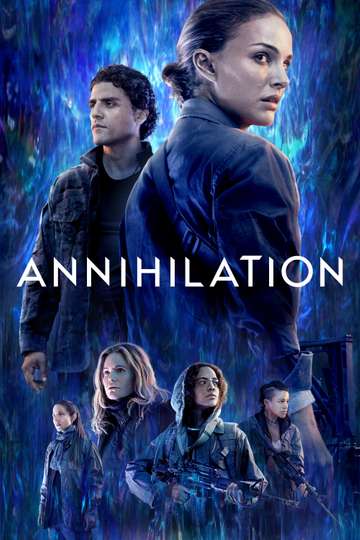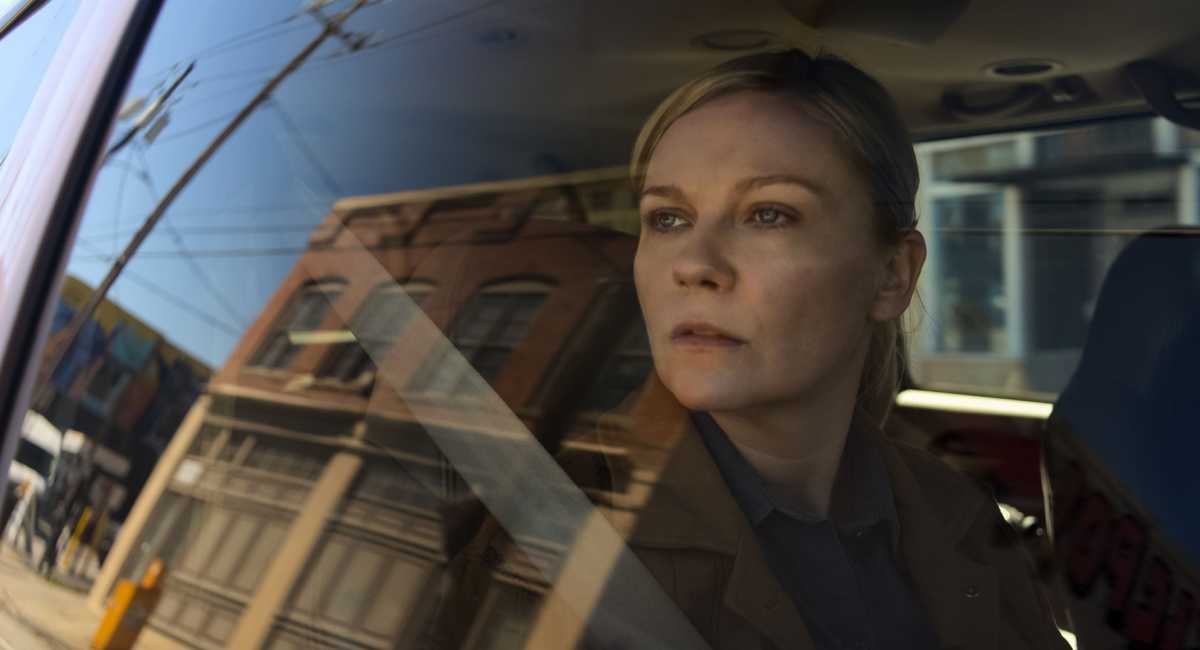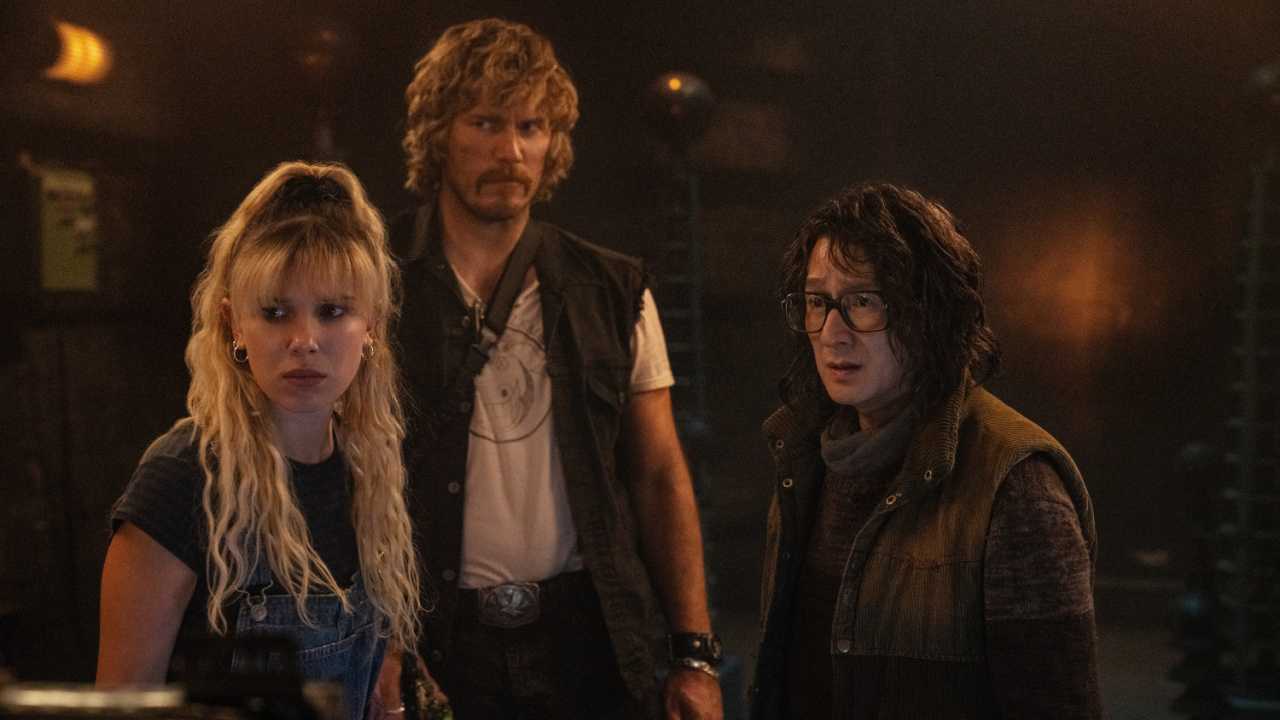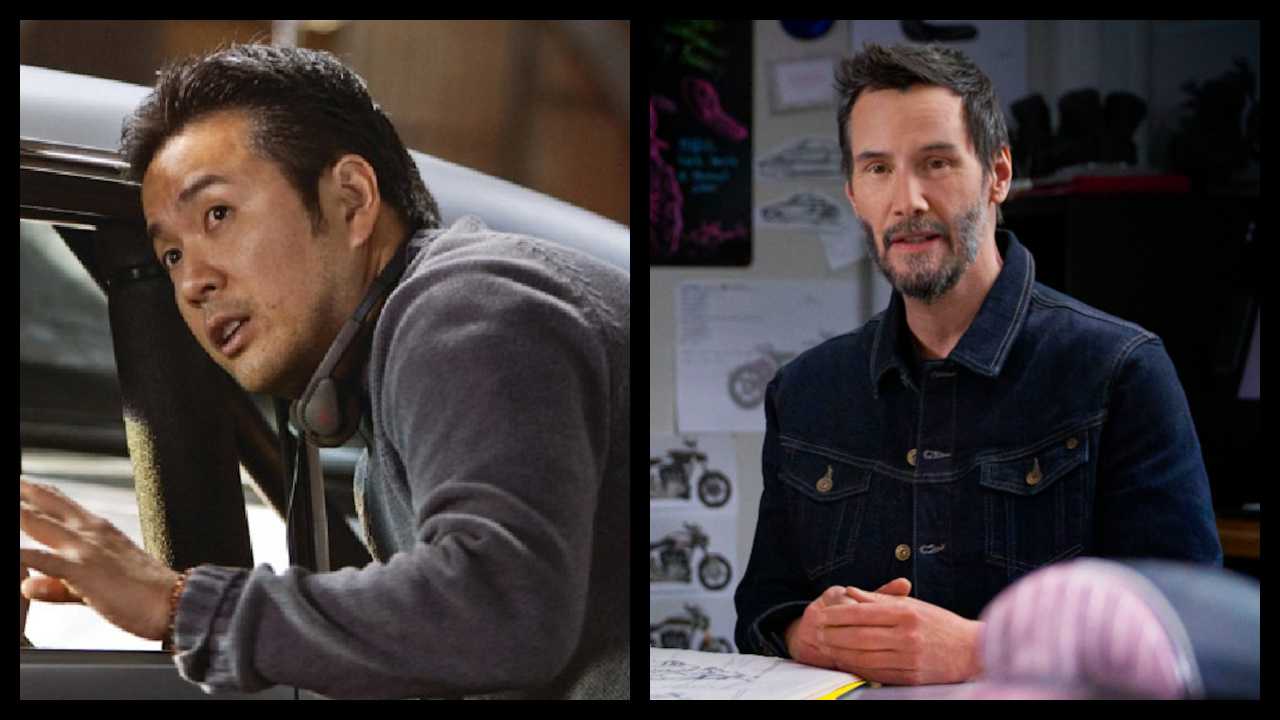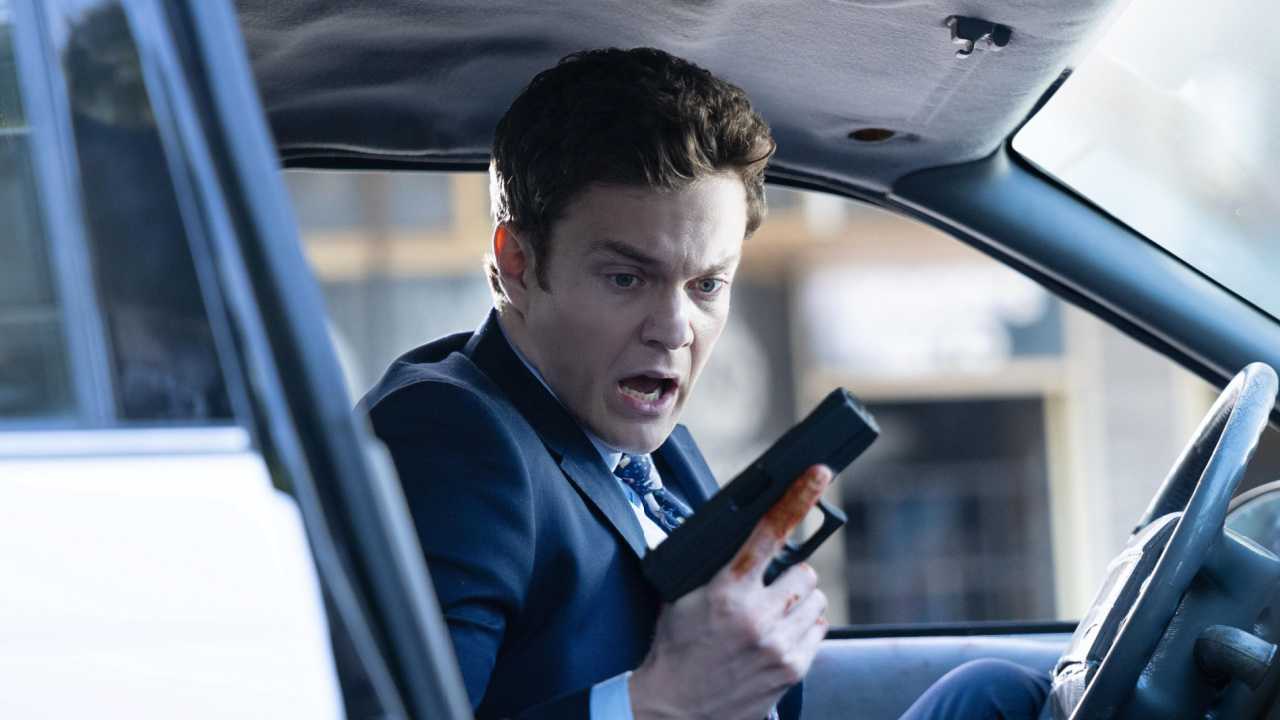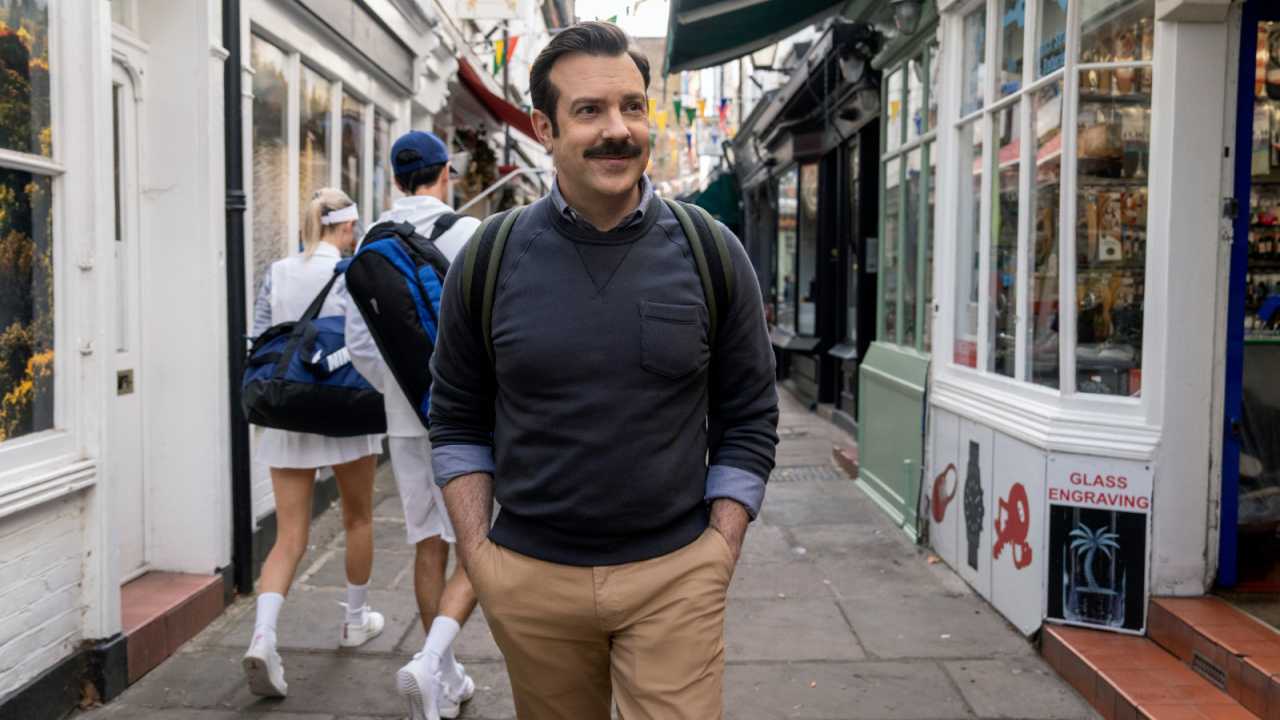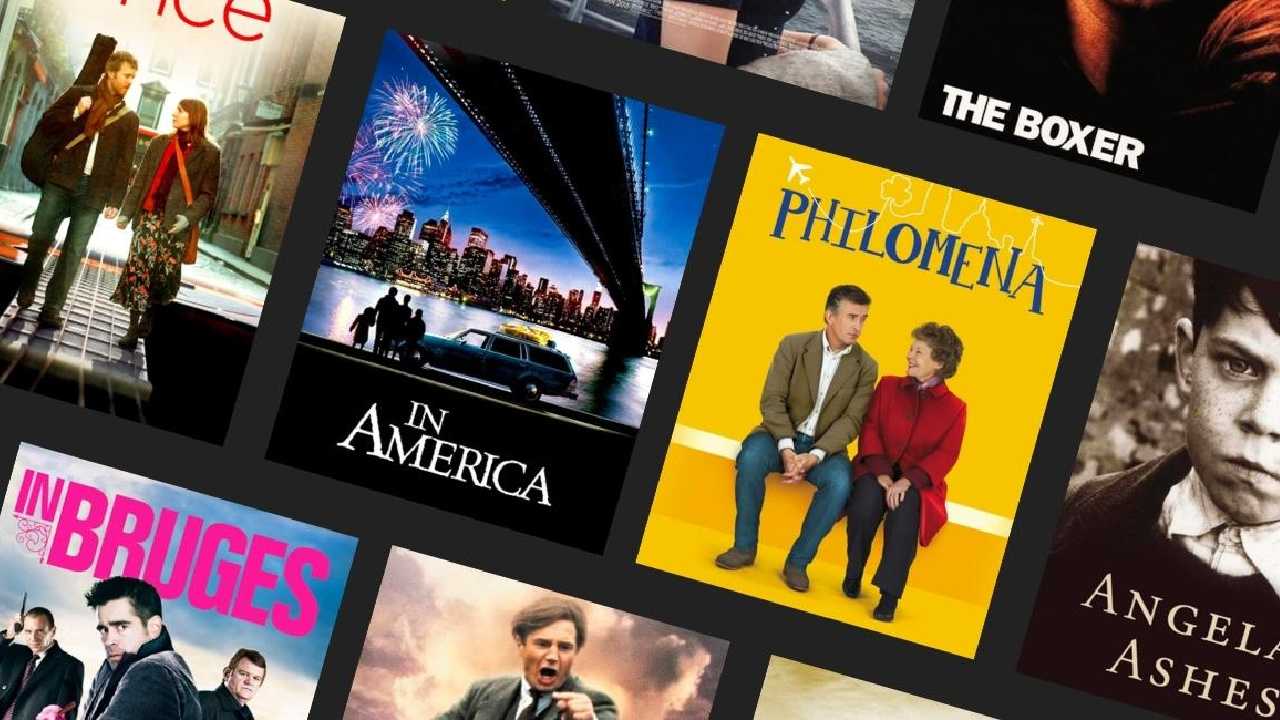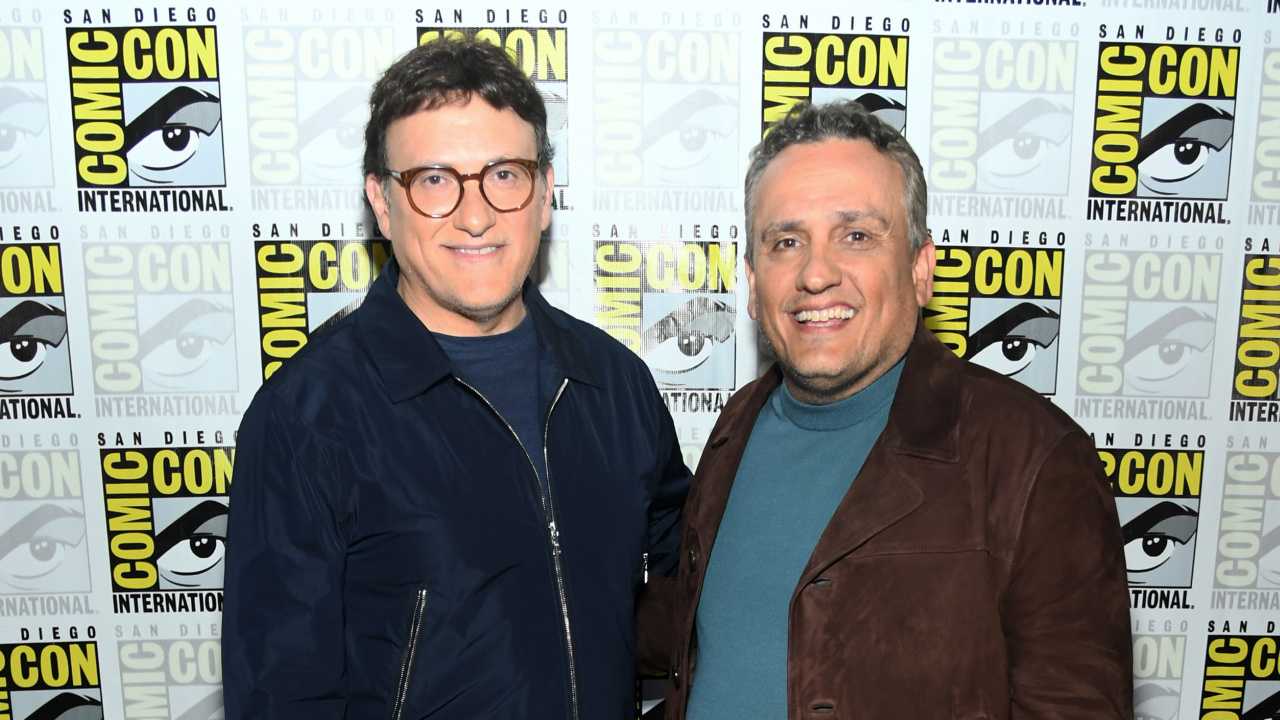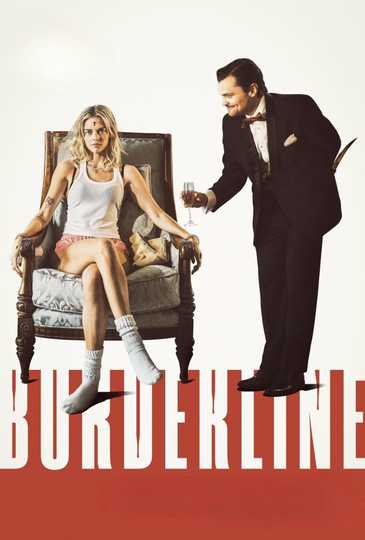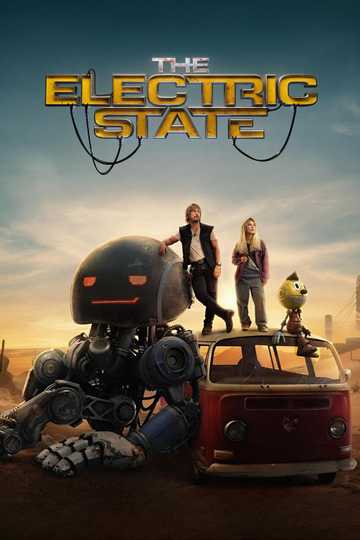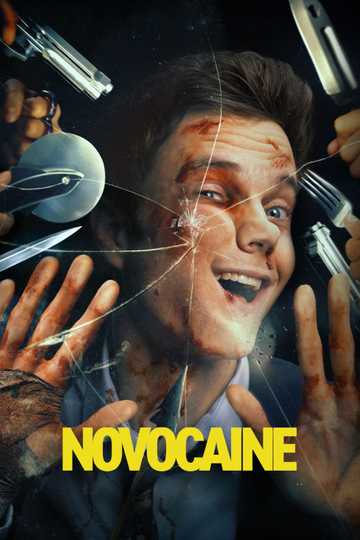'Annihilation' Director Alex Garland and Star Oscar Isaac On Crafting a New Sci-Fi Classic
Alex Garland's "Annihilation," based on the novel by Jeff VanderMeer, is the kind of challenging, uncompromised sci-fi classic that we only get every-so-often, standing shoulder-to-shoulder with such mind-bending behemoths as "2001" and "Blade Runner."
Garland, who has been the generation's premiere voice of heady science fiction (he wrote "Sunshine," "Dredd," "28 Days Later," and wrote and directed "Ex Machina"), elevates the genre further with "Annihilation." It's the story of a husband named Kane (Oscar Isaac) and a wife named Lena (Natalie Portman) and how they fall apart before he takes a risky mission to explore an uninhabitable patch of land called Area X. This place is infected with some kind of otherworldly, oily gunk and nicknamed The Shimmer by a shadowy government agency called the Southern Reach.
After Kane returns, uh, different, Lena and a group of like-minded scientists (including Jennifer Jason Leigh and Tessa Thompson) venture into The Shimmer to try and figure out what, exactly, has happened and how they can stop it. And that's when things get really weird.
We were lucky enough to get to chat with Garland and Isaac (reuniting after a memorable collaboration on "Ex Machina") about what they were influenced by, how they developed the characters, and what (if anything) keen-eyed viewers should look out for.
Considering how going in blind is the best way to experience "Annihilation," consider this a SPOILER WARNING.
MOVIEFONE: When did you first start talking about this? Oscar, were you very eager to do whatever Alex did next?
Oscar Isaac: Even during "Ex Machina," I was thinking that I want to do everything that Alex does. So I was very excited when he said he had a script and there was a part in it for me. So I read it and immediately started talking about it and figuring out how I could be involved.
Did you immediately think about him, Alex?
Alex Garland: Well, we got to know each other in preparing for "Ex Machina," in truth. And then we properly stayed in touch. We're proper friends.
So, actually, aside from enjoying working together and respecting each other, we properly know each other and I would imagine, and I think the reason I don't remember ever having first told Oscar about it, is because it would have just come up in conversation. There were other projects that had been floating around my head -- and we had been talking about them -- but it was always a given for me that I would see if Oscar wanted to do it. It was a default state, really. So there wouldn't have been a particular moment. It was part of a rolling conversation that hasn't stopped now.
Oscar, would you have been walking by in a HAZMAT suit in the background if he'd asked you to?
Isaac: Yes. I would have asked for a lot of money but ...
Garland: Yeah, he would have, anyway.
What was it like adapting the novel? And Oscar, did you have input, too? This character is pretty different than what you see in the novel.
Garland: The adaptation thing was complex in some respects. There were two things about the book that really struck me hard. One was that it was original. It just wasn't like other books. It wasn't like other stories. That alone makes it unusual. Most stories we tell are versions of other stories that have already been told -- on a holistic level, actually, from themes to plot to characters and everything.
And the other thing was that it has this extremely strong hallucinogenic atmosphere. With any adaptation, and this is only the third one I've done, I try to figure out: What is the thing that I'm adapting? And in this instance, it was the feeling, the experience of reading the book; it was the atmosphere of the book. That was the thing that I was concerned about.
What about in terms of Oscar's character?
Isaac: Well, the character then is in service to that. If the key is the atmosphere and how you translate that, then Kane is, in a way, a tool to explore that. The different phases of how we see Kane, the physicality of that, what is happening, the subtext of all that and how it charges the scene, we spoke about all of that.
We spoke about what point does Kane know what's happening with Lena? At what point is the way he's behaving with her influenced by the knowledge he has or doesn't have? We talked about that. We talked a bit about where he's from, and how that affects his speech. For me, we landed on a Northern Florida accent. I grew up in Florida and I had a lot of friends who had that way of speaking. All of those little bits and pieces [were important]. In each individual scene, we would try it different ways to see all of the ways it could go.Were there any touchstones that either of you were looking towards, in the science fiction genre, when crafting this?
Garland: As much as possible, in a way, you try and shed yourself of the things you love, to rid yourself of them. At a certain point, when I'm working on a film, I stop watching any movies and I stop looking at TV and I stop reading books or anything like that to try and get away. But, of course, you do know those things. They're tattooed into us, into our awareness. So what you do is, when you're aware of something you can't shed, you think about how to subvert it.
Within the stories that we tell and retell, you tend to end with a punch-up of one sort or another. It might be in a courtroom or in a street, it might be a gunfight or a car chase, but it's still a punch-up. And you think: How do we have this and acknowledge it but also subvert it? So we had our punch-up super ritualized, but also a literal kind of dance in some respects.
There's a bear that appears a few times in the narrative and there it was notionally, you've got a monster. In all sorts of films, but particularly science fiction films, a monster will appear. It became how can we subvert the nature of a monster? And also, I want to say, it's not just about trying to subvert genre tropes. All of these things have to dovetail and support the themes and the story.
So the bear becomes about the damage. It's not just a bear, it's a broken, fractured, tragic character in the narrative and it had to have allusions within it. Like, where did the bear come from? Why did it manifest itself in this house? Does the physical structure of the house echo the house where the marriage takes place? So much of it is organic. I'm not sure if people will ever clock it. But just to draw attention to where things are drawn in the film.
Oscar's character has a bear tattoo on his chest, so it's not a coincidence that the creature that arrives in the house is a bear. And so it goes on.
Oscar, was he talking to you about all of this stuff?
Isaac: No. Because what was important was not stuff that was composed. It was stuff that we arrived at organically. Or it was there in the script and it was being teased out. So, what Alex does really well, is he writes a script that has so much depth to it already, but enough ambiguity and mystery that he allows for his collaborators to arrive at things and really feel ownership of them as well. Through that ownership, it's a very truthful approach. This film has so much to it. It's deeply horrifying in some ways, there's a real thrill and beauty to some of these images -- they're so strange and alien, but filled with deep emotion and pain -- and also intimate.
So, for me, what I love most about it is you have these incredibly tense, beautiful, horrible scenarios -- but at the same time -- there's a very deep, intimate story about a marriage at the center of it.
You both just talked about the layers of meaning and symbolism. Is there anything else you want people to keep an eye out for maybe in the second or third viewing?
Garland: Oh, actually, I was slightly kicking myself for having said that stuff about the bear. Honestly, I think the ideal way to see a movie is to know nothing about the film except right before you walk into the film somebody says to you, "This film is going to be crap."
So you have low expectations and no information. So I feel like I'm always weirdly undermining the thing by talking about it. So, no, there isn't anything I'd say. And I'll just look back in time and erase the thing I said. But there is some truth in that, because a real sense of discovery is a really pleasurable thing. And not being front-loaded, like, "Look out for this!" Just having a pure experience between a group of people who made a narrative for you to experience and then you get to experience it and make your own mind up. I think there's something really nice about that.
"Annihilation" infects theaters nationwide tomorrow. Do not miss it (it's not crap).
